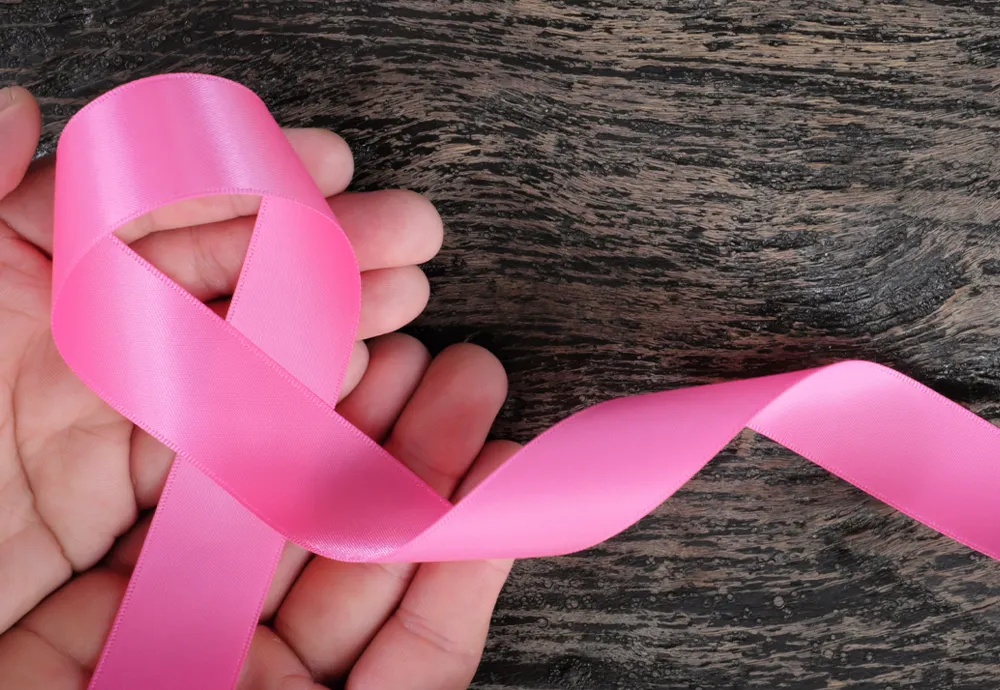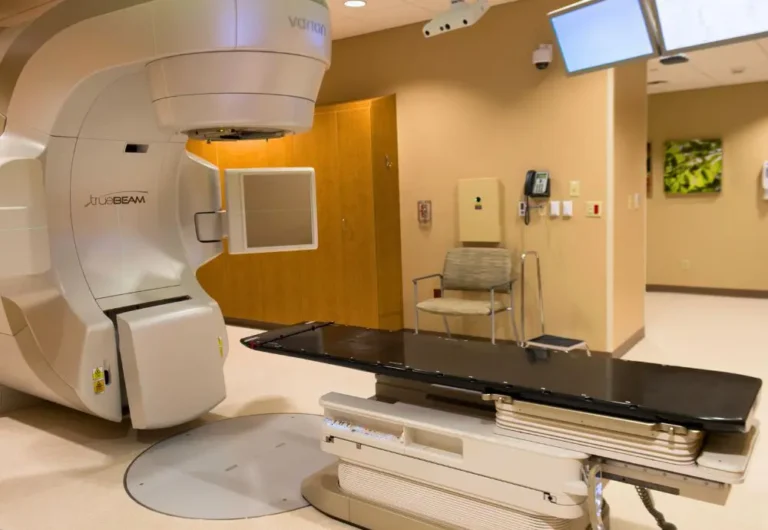Qigong (\”qi\” or \”chi\”= energy flow, \”gong\”= skill or achievement) is a practice with its roots in Chinese medicine, martial arts and philosophy. It involves rhythmic breathing coordinated with repetition of fluid movements and a calm mindful state guiding \”qi\” through the body. There are many million practitioners of Qigong in China and the rest of the world. When I travelled to China a few years ago, it was amazing to see hundreds of Qigong practitioners simultaneously engage in their fluid exercises at a park or other public location.
In a study recently published in the journal Cancer, researchers from China, the United States and Germany examined the benefits of regular Qigong practice in Chinese women undergoing radiation therapy for breast cancer.
In this study, women were scheduled to undergo breast radiation therapy for 5 to 6 weeks. About half of the women receiving radiation also practiced Qigong weekly for forty minutes.
Women with depressive symptoms at the outset showed improvements in depression, fatigue, and overall quality of life after participating in Qigong. I am intrigued by the data as Qigong appeared to help women with cancer who showed high baseline depressive symptoms.
Based on a recent review, there also appear to be positive effects of Qigong on patients undergoing chemotherapy.
Watch for more information about the practice of Qigong as it becomes more common worldwide.








